Tuesday, January 25, 2011
Zero tolerance, infinite appetite
Polistra has discussed this before in the context of impurity and pollution, but it applies equally well to the more positive parts of life.
From an editorial in New Superstitionist:
One of three correct.
Poverty breeds disease, yes. Anger and war? Nope.
Look at any war in recent memory. You'll find the war was started by a rich tribe who wanted even more riches (or more macho) ... or by a rich tribe who wanted to bring down a competing rich tribe.
= = = = =
Impoverished people are concrete. They understand how life works. Above all they instinctively understand Diminishing Returns, or in mathy terms the sigmoid curve or tanh function. Life is all about the tanh. (Just ask Snookih!)
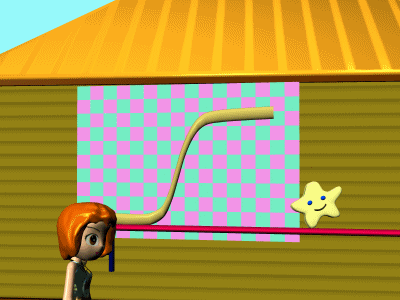
Poor people understand the limits at both ends. Static friction and drag. You have to push the cart for a while before it starts to move; then you can move it faster by pushing harder; but beyond a certain speed extra effort doesn't gain more speed. Diminishing returns.
= = =
More broadly, a certain amount of effort is needed to start anything. You have to build a fence around your livestock or plow the fields or set up the fruit stand by the roadside.
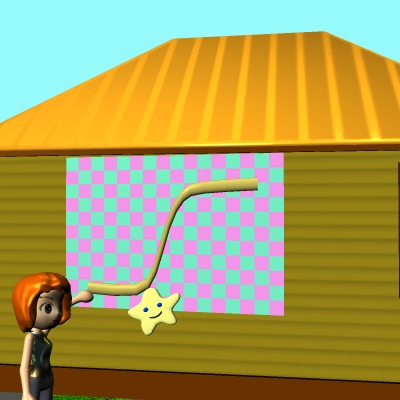
= = =
After that, you're in the small linear region, where increasing effort will bring increasing return. Water the crops more, or feed the hogs more, you get more food. Spend more hours selling fruit, you get more money.
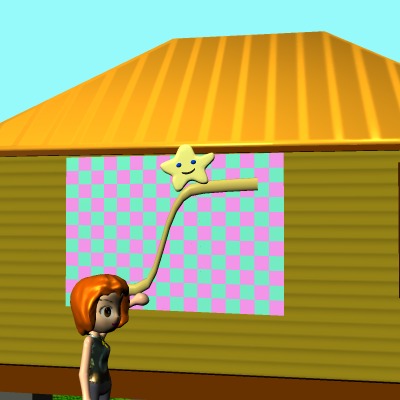
= = =
And poor people also understand that beyond a certain point your results will hit a ceiling, a saturation point where the friction negates your effort. So they don't try to quadruple their returns, and they don't try to steal their neighbor's livestock.
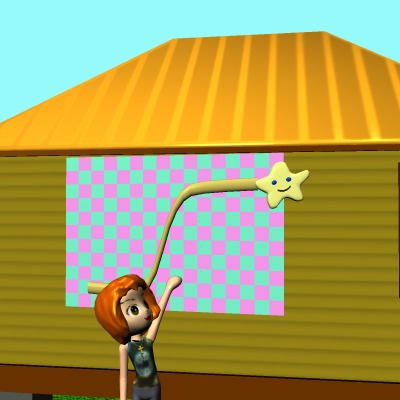
= = =
Most importantly, the poor understand the emotional aspects of Diminishing Returns. They know that having more cattle than you can handle is not better than having enough cattle to feed your kids. They sense that enjoyment does not continue to increase after you reach sufficiency.
= = = = =
Rich educated people don't know tanh. They have never planted a crop or turned a wrench or rocked a cradle. They have dealt with life at a clean distance, through lawyers and spreadsheets and Disposable Mexican Servants. They assume that life runs on a straight line.
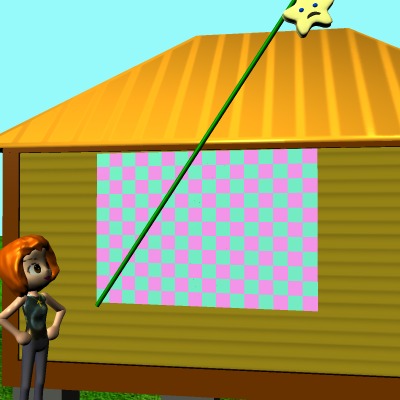
They believe added effort will always yield added income. Most importantly they assume that increased income will continue to yield more enjoyment. Rich educated man thinks: "I have lots of Money and Power and Lebensraum, and I enjoy them. If I have twice as much Money and Power and Lebensraum, I will enjoy them twice as much. If I have 584358934859389508390589 times as much Money and Power and Lebensraum, I will enjoy them 584358934859389508390589 times as much. MORE! MORE! MORE! MINE! MINE! MINE! ALL MINE! ALL MINE! ALL MINE! YOU CAN'T HAVE ANY! ALL MIIIIIIIIIIIIIIINE! ALL MEEEEEEEEEEEE!"
That's why rich educated people make war. They don't know where to stop. They don't know that pleasure needs a foundation and has a roof. They are too fucking stupid to understand tanh.
From an editorial in New Superstitionist:
Good news from Africa. We may be in a position to eradicate the guinea worm (see "Southern Sudan's votes could kill an ancient disease"). If we succeed, this will only be the second human disease to be wiped out, after smallpox in 1980.
The optimism comes because the people of Southern Sudan have peacefully voted for independence. Thanks to international pressure on their current governors to accept the vote, the independence plan may just work.
Southern Sudan has already helped bring the cattle disease rinderpest close to eradication, despite civil war. But guinea worm is harder. There is no vaccine. You have to be there when the worm emerges from every victim, and stop it infecting anyone else. To finish off the worm, the Southern Sudanese need peace and they need money for development.
We know poverty breeds war, anger and disease that can threaten us all. This time, the poor have voted for a new future - one without the guinea worm. That's a remarkable peace dividend.
One of three correct.
Poverty breeds disease, yes. Anger and war? Nope.
Look at any war in recent memory. You'll find the war was started by a rich tribe who wanted even more riches (or more macho) ... or by a rich tribe who wanted to bring down a competing rich tribe.
= = = = =
Impoverished people are concrete. They understand how life works. Above all they instinctively understand Diminishing Returns, or in mathy terms the sigmoid curve or tanh function. Life is all about the tanh. (Just ask Snookih!)

Poor people understand the limits at both ends. Static friction and drag. You have to push the cart for a while before it starts to move; then you can move it faster by pushing harder; but beyond a certain speed extra effort doesn't gain more speed. Diminishing returns.
= = =
More broadly, a certain amount of effort is needed to start anything. You have to build a fence around your livestock or plow the fields or set up the fruit stand by the roadside.

= = =
After that, you're in the small linear region, where increasing effort will bring increasing return. Water the crops more, or feed the hogs more, you get more food. Spend more hours selling fruit, you get more money.

= = =
And poor people also understand that beyond a certain point your results will hit a ceiling, a saturation point where the friction negates your effort. So they don't try to quadruple their returns, and they don't try to steal their neighbor's livestock.

= = =
Most importantly, the poor understand the emotional aspects of Diminishing Returns. They know that having more cattle than you can handle is not better than having enough cattle to feed your kids. They sense that enjoyment does not continue to increase after you reach sufficiency.
= = = = =
Rich educated people don't know tanh. They have never planted a crop or turned a wrench or rocked a cradle. They have dealt with life at a clean distance, through lawyers and spreadsheets and Disposable Mexican Servants. They assume that life runs on a straight line.

They believe added effort will always yield added income. Most importantly they assume that increased income will continue to yield more enjoyment. Rich educated man thinks: "I have lots of Money and Power and Lebensraum, and I enjoy them. If I have twice as much Money and Power and Lebensraum, I will enjoy them twice as much. If I have 584358934859389508390589 times as much Money and Power and Lebensraum, I will enjoy them 584358934859389508390589 times as much. MORE! MORE! MORE! MINE! MINE! MINE! ALL MINE! ALL MINE! ALL MINE! YOU CAN'T HAVE ANY! ALL MIIIIIIIIIIIIIIINE! ALL MEEEEEEEEEEEE!"
That's why rich educated people make war. They don't know where to stop. They don't know that pleasure needs a foundation and has a roof. They are too fucking stupid to understand tanh.
